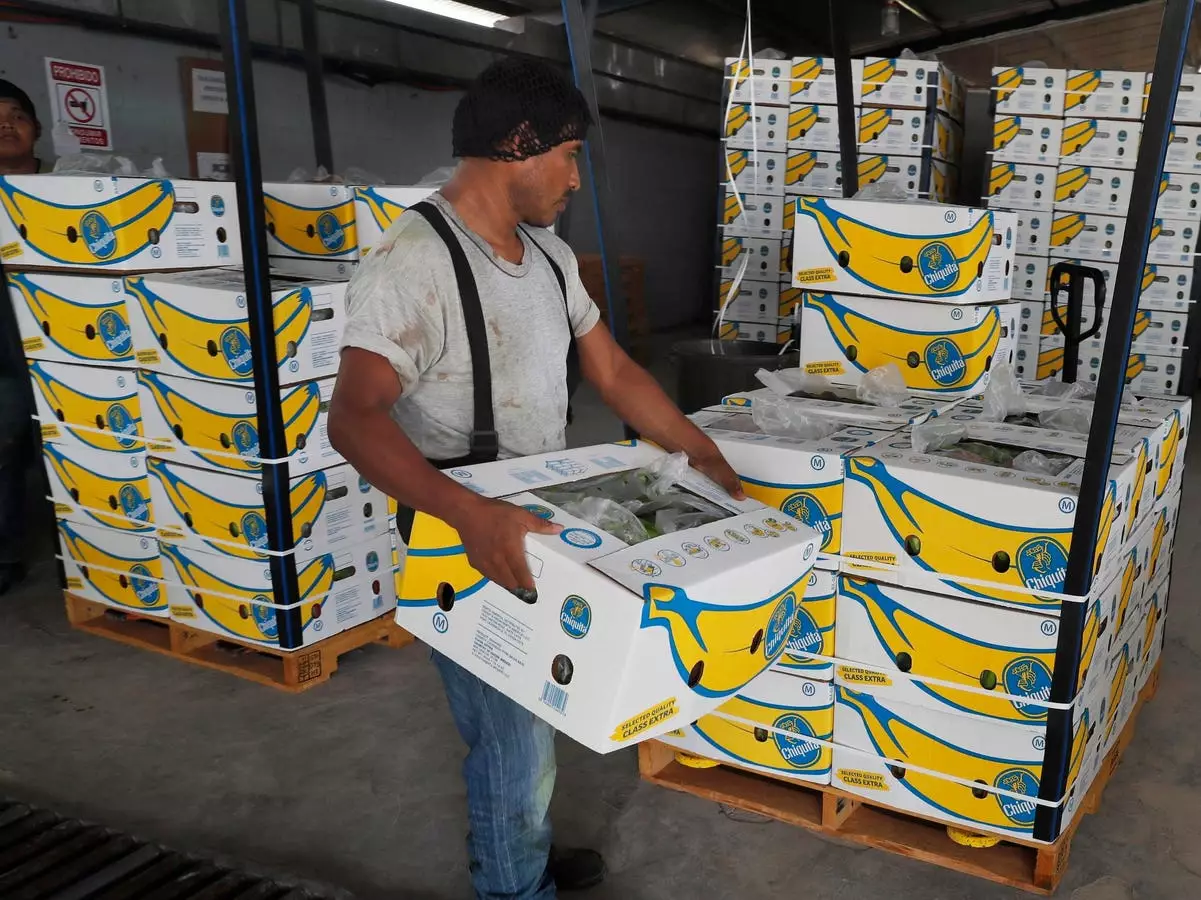In a groundbreaking moment on July 10, 2024, the United States District Court for the Southern District of Florida saw a unanimous jury deliver a verdict that held Chiquita Brands International, Inc. liable for the brutal murders of eight farmers and civilians in Colombia by the Autodefensas Unidas de Colombia (AUC) between 1997 and 2004. This case marked a monumental win after 17 years of litigation that first began back in 2007.
The Autodefensas Unidas de Colombia, also known as the United Self-Defense Forces of Colombia, was a right-wing paramilitary group that the United States Government designated as a Foreign Terrorist Organization and a Specially Designated Global Terrorist in 2001. Despite laws in both Colombia and the United States making it a crime to engage in transactions with the AUC, Chiquita made systematic payments totaling $1.7 million to the group between 1997 and 2004. This support led to legal action by the United States Department of Justice against Chiquita, resulting in the company admitting guilt in 2007 and paying a $25 million fine.
Subsequent civil suits were filed against Chiquita in the United States seeking compensation for the victims of AUC violence in Colombia. These lawsuits were based on the company’s material support of the terrorist organization in the form of financial transactions and collaboration that benefited Chiquita. The recent verdict in the first bellwether trial, involving nine murder victims out of hundreds of claims, found that the AUC was responsible for eight out of the nine murders.
During the trial, heart-wrenching testimonies from victims’ families shed light on the horrors of the AUC’s violence. Stories of husbands being killed in front of their wives and children and sons being abducted and executed by AUC members were recounted. The brutal tactics employed by the AUC to instill fear and exert control were vividly described by both plaintiffs and expert witnesses.
Lead trial attorney Jack Scarola emphasized that Chiquita knew it was endangering lives by operating in regions known for violence by terrorist groups in Colombia. The plaintiffs argued against Chiquita’s claims of being extorted by the AUC, presenting testimonies that revealed a collaborative relationship rather than mere extortion. The jury dismissed Chiquita’s plea of duress, holding the company accountable for knowingly exposing itself and others to danger.
In the aftermath of the verdict, Chiquita has expressed sympathy for those affected by the violence in Colombia but maintains that there is no legal basis for the claims against them. The company’s decision to cease operations in Colombia in 2004, amidst investigations, involved selling its facilities in the country to limit exposure to risk. Despite facing numerous lawsuits, the recent Florida verdict is the first instance where Chiquita has been held responsible for its actions.
While Chiquita plans to appeal the verdict, legal experts believe that this landmark decision may influence other pending cases. This ruling sets a global precedent as it marks the first time a major U.S. corporation has been held accountable for involvement in human rights abuses overseas. The impact of this historic decision could extend beyond this case, potentially affecting similar cases in the future.
The recent verdict holding Chiquita Brands International, Inc. accountable for its role in supporting the AUC in Colombia represents a significant step towards justice. The legal battle that spanned 17 years culminated in a groundbreaking decision that may have far-reaching implications for corporate accountability in cases of human rights abuses.

